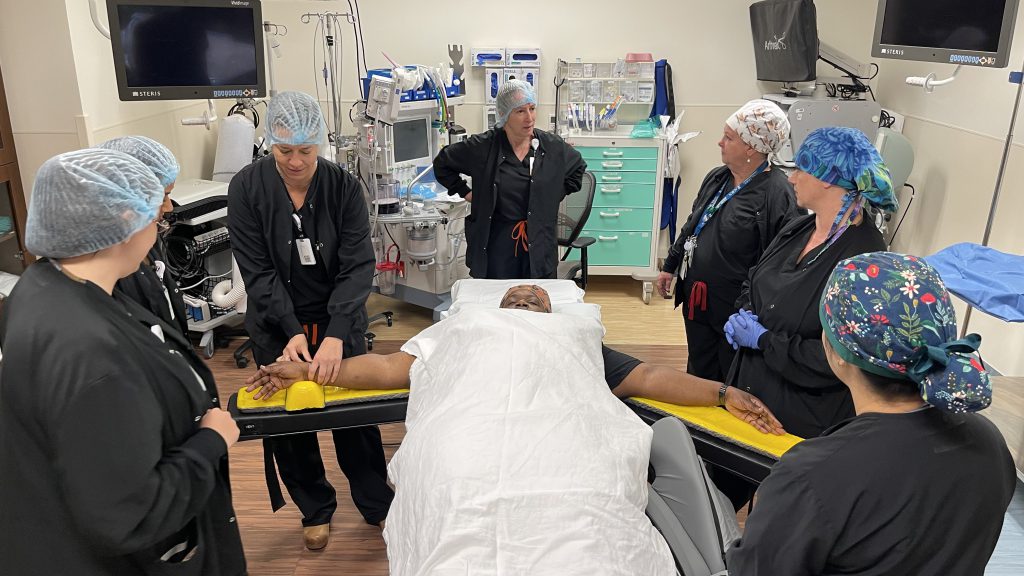Estrogen Level May Help with Decisions About a Treatment to Prevent Breast Cancer
Women who are post-menopausal, or past menopause, have varying levels of estrogen. Now, findings from a study co-led by a researcher at Sutter Health showed measuring estrogen levels with a blood test may help predict whether post-menopausal women who have a high risk of breast cancer will benefit from medications approved for breast cancer prevention. The study was published online today in Lancet Oncology.
Post-Menopause and Breast Cancer Risk
The most common type of breast cancer in post-menopausal women is “estrogen receptor positive (ER+)” cancer, which requires estrogen to grow. Medications called aromatase inhibitors stop the production of estrogen and decrease the amount of the hormone in a woman’s blood to a very low level. This effect significantly reduces a woman’s risk of developing breast cancer, particularly ER+ breast cancer. Several aromatase inhibitors have been approved by the U.S. Food and Drug Administration as preventive therapy in post-menopausal women at high risk of breast cancer.

Dr. Steven R. Cummings
“However, some women naturally have a very low level of estrogen and, therefore, a lower risk of breast cancer,” says Dr. Steve Cummings, senior investigator, director of Sutter’s San Francisco Coordinating Center and co-author of the study made possible with philanthropic funding via the DaCosta Family.* He proposed that women who already had a very low level of estrogen would have little or no additional benefit from aromatase inhibitors that decrease estrogen levels.
Dr. Cummings and a team of researchers from the United Kingdom, Australia, Finland, Germany, Italy and the U.S. studied whether an aromatase inhibitor would further reduce these women’s risk of breast cancer.
Honing in on Blood Estrogen Levels in Post-Menopausal Women
Researchers assessed women who participated in the IBIS-II breast cancer prevention trial, a double-blind, placebo-controlled study of the aromatase inhibitor anastrozole in post-menopausal women at high risk of breast cancer.
They measured estrogen levels (as the ratio of estradiol to the sex hormone binding globulin) in blood samples stored at the beginning of the IBIS-II trial. Findings showed anastrozole reduced the risk of breast cancer by 55% in the three quarters of women with average-to-higher levels of estradiol. In contrast, there was a small, 18% risk reduction in women with lower levels of estradiol, which was not significantly different than no treatment effect.
Personalizing Treatment to Maximize Benefit
The study showed, “A large benefit of anastrozole was seen when estradiol (estrogen) levels were normal or high, but little effect was seen when they were low. Therefore, breast cancer prevention treatment with aromatase inhibitors may not be justified in post-menopausal women with who have low levels of estrogen, and alternate therapies may be more appropriate,” says Dr. Cummings. “These results are the first to show how we might choose more personalized, preventive medication for postmenopausal women at high risk of breast cancer.”
* Sutter’s California Pacific Medical Center Foundation received funding from the DaCosta Family Fund, which made possible hormone measurements used to conduct this study.
Talk to your doctor about your potential risk of breast cancer and what prevention and treatment approaches may be right for you.





